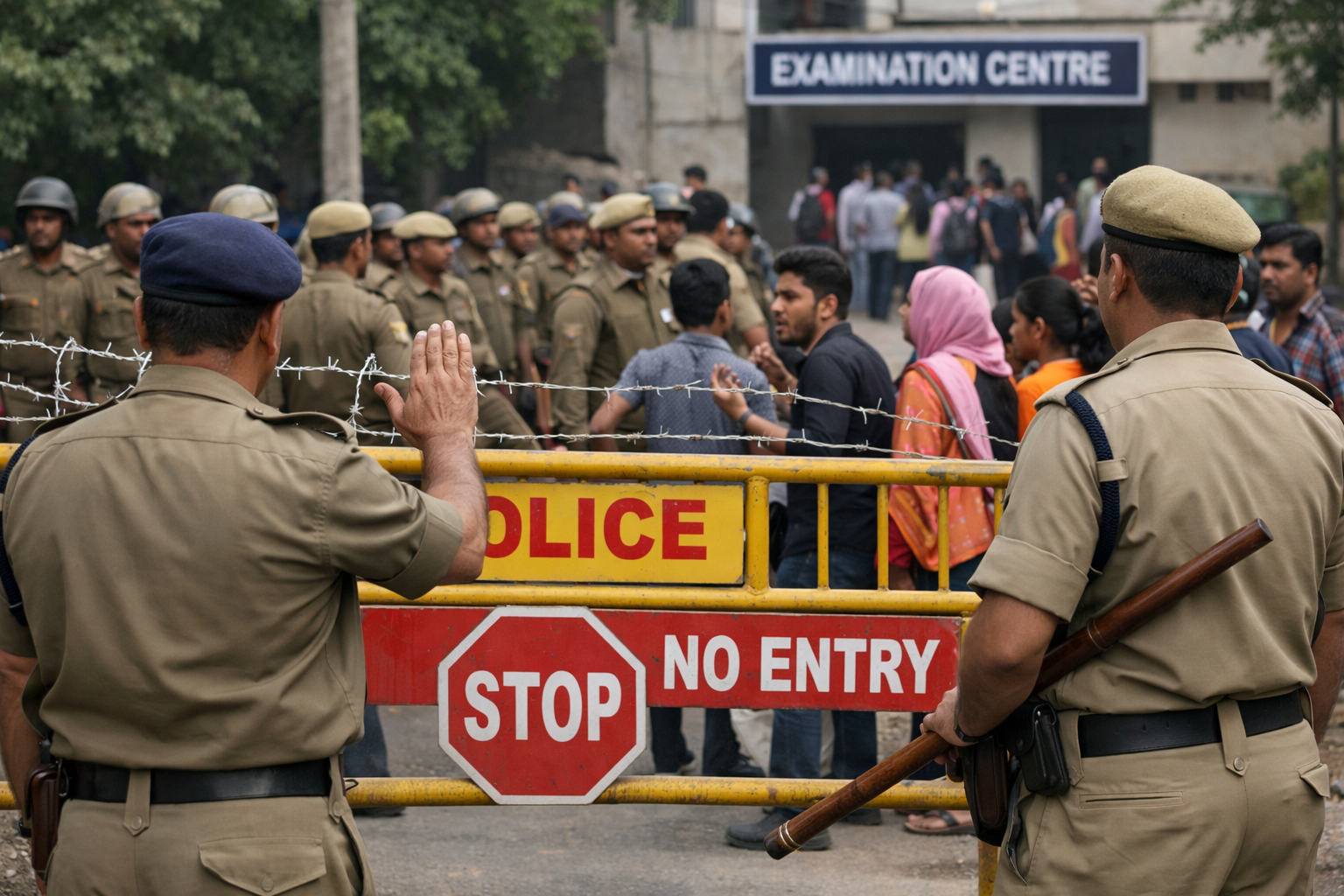Corruption is not only about the, "bribes".
Corruption affects every1 in multiple ways

Corruption is a complex and pervasive issue that plagues societies across the world. While many people associate corruption with the act of taking bribes, the reality is that corruption encompasses a wide range of unethical behaviors and actions that undermine the integrity of public institutions and erode trust in government.
At its core, corruption is about the abuse of power for personal gain. It can take many different forms, from the blatant solicitation of bribes to more subtle forms of influence peddling, nepotism, and cronyism. Regardless of the specific manifestation of corruption, the common thread is that it undermines the rule of law and erodes public trust in institutions.
One of the most insidious aspects of corruption is that it often goes undetected and unpunished. In many cases, corrupt individuals operate with impunity, using their positions of power to shield themselves from accountability and evade prosecution. This not only perpetuates a culture of corruption, but it also undermines efforts to build strong and effective governance systems.
Addressing corruption requires a multi-faceted approach that goes beyond simply cracking down on bribery. It requires strengthening the rule of law, promoting transparency and accountability, and building institutions that are resilient to corrupt practices. This can involve measures such as strengthening regulatory frameworks, improving public procurement systems, and increasing the capacity of law enforcement agencies to investigate and prosecute corruption cases.
Ultimately, the fight against corruption is a moral imperative that requires collective action and sustained effort. By working together to promote transparency, accountability, and ethical behavior, we can help create a more just and equitable society free from the scourge of corruption.










